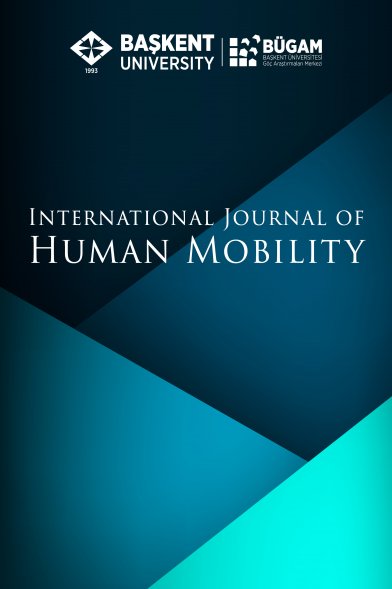Sığınmacı ve Mültecilerle Çalışanlarda Psikolojik Sağlık Üzerine Bir Derleme
Literatürde mültecilerle çalışmanın, çalışan kişilerin psikolojik sağlığı üzerinde olumsuz etkileri olduğunu gösteren
birçok çalışma bulunmaktadır. Bu çalışmaların çoğunluğunu İkincil Travma (İT) ve Dolaylı Travma (DT) çalışmaları
oluşturmaktadır. Bunun yanında, mültecilerle çalışanlarda anksiyete, depresyon ve tükenmişlik gibi psikolojik
zorlukların görüldüğüne dair çalışmalar da yer almaktadır. Bu makalenin amacı, İT, DT, anksiyete, depresyon
ve tükenmişlik kavramlarını açıklamak, mültecilerle çalışanlarda bu psikolojik zorlukların görülme sıklığını
raporlamış olan çalışmaların bir derlemesini sunmak ve bu psikolojik problemlerin gelişmesinde rol oynayan
risk faktörlerini ortaya koymaktır. Bu derlemenin, özellikle Türkiye gibi fazla sayıda mülteciye ev sahipliği yapan
ülkelerde mültecilerle çalışanların yaşadığı zorluklara dikkat çekmek ve bu hususta devlet kurumlarının ve sivil
toplum kuruluşlarının bu kişilere yönelik müdahale çalışmaları geliştirmelerinin önemini vurgulamak açısından
önemli bir kaynak olabileceği düşünülmektedir.
Mental Health in Relief Workers Working with Asylum Seekers and Refugees: A Review
There are many studies in the literature showing that working with refugees has a negative impact on refugee
relief workers’ mental health. The majority of these studies explore the prevalence of Secondary Trauma (ST) and
Vicarious Trauma (VT) among refugee relief workers. In addition, there are studies revealing that psychological
difficulties such as anxiety, depression and burnout are observed in those working with refugees. The aim of
this current review is to explain the concepts of ST, VT, anxiety, depression and burnout, to present a review of
studies that have reported the prevalence of these psychological difficulties among refugee service providers
and present the risk factors for developing these psychological problems. It is thought that this review can be an
important resource to draw attention to the difficulties experienced by those working with refugees, especially
in countries that host large numbers of refugees, such as Turkey, and emphasize the importance of governmental
and non-governmental organizations to develop interventions aiming at refugee relief workers.
